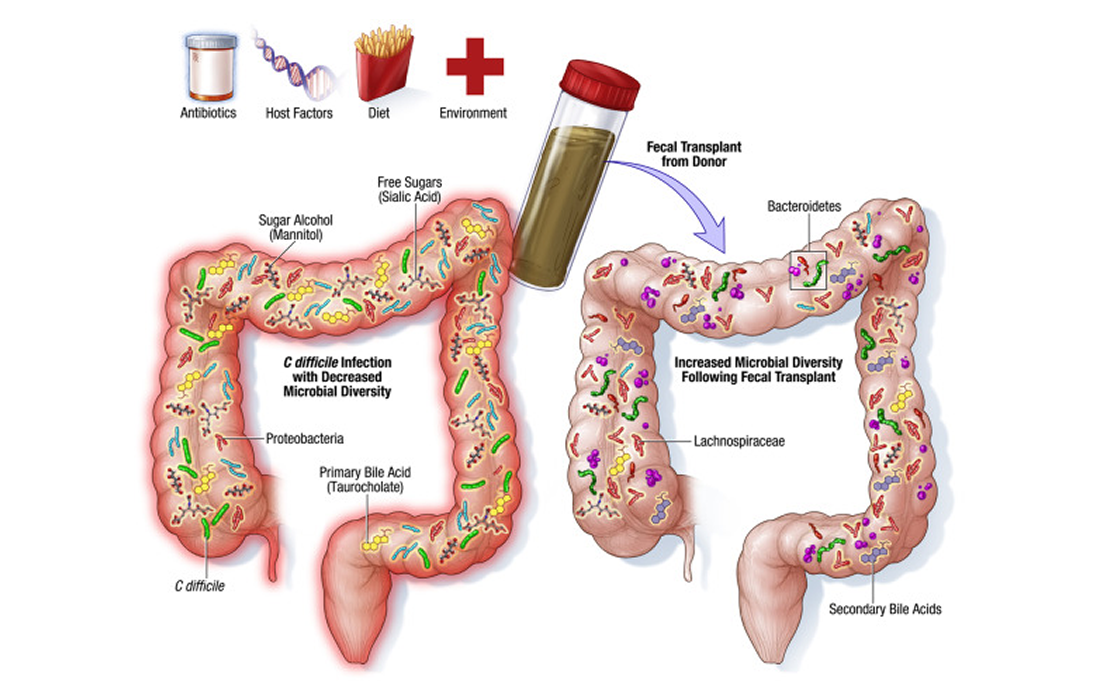Anti-Aging
New Study Findings: Fecal Transplants Reverse Aging Hallmarks
Aging is characterized by declining cell, tissue, and organ function and increased susceptibility to chronic and debilitating diseases.
Comprising bacteria, viruses, fungi, protozoa, and archaea, the intestinal microbiota contributes to the life-long health of the host, playing key roles in the development and maintenance of the host immune system and the intestinal epithelial barrier.
During aging, the microbiota undergoes changes in its structure and function, which can adversely affect the host metabolism and immunity, and are associated with the development of cardiovascular, autoimmune, metabolic, and neurodegenerative disorders.
In a recently published study, researchers have provided evidence, using a mice model, of how transplanting fecal microbiota from young into old mice can reverse hallmarks of aging in the gut, eyes, and brain. The study appears in the journal Microbiome.
Gut Microbiota and Inflammation
In the reversed experiment the microbes from aged mice induced inflammation in the brain of young recipients and depleted proteins needed for normal vision. On the other hand, these detrimental effects were reversed by the transfer of young donor microbiota into the older mice.
Age-related chronic inflammation, known as inflammageing, has been associated with the activation of specific immune cells found in the brain. These cells were also over-activated in the young mice who received aged microbiome transplants.
The team concluded that the aging microbiota drives detrimental changes in the gut-brain and gut-retina axes suggesting that modulating the microbiota could be used as a therapy to prevent age-related inflammation in later stages of life.
Source:
Aimée Parker, et al. Fecal microbiota transfer between young and aged mice reverses hallmarks of the aging gut, eye, and brain. Microbiome, 2022; 10 (1) DOI: 10.1186/s40168-022-01243-w
Image from:
Mayo Foundation for Medical Education and Research. Retrieved from:
Colleen R. Kelly, et al. Update on Fecal Microbiota Transplantation 2015: Indications, Methodologies, Mechanisms, and Outlook. 2015. Gastroenterology. DOI:https://doi.org/10.1053/j.gastro.2015.05.008

